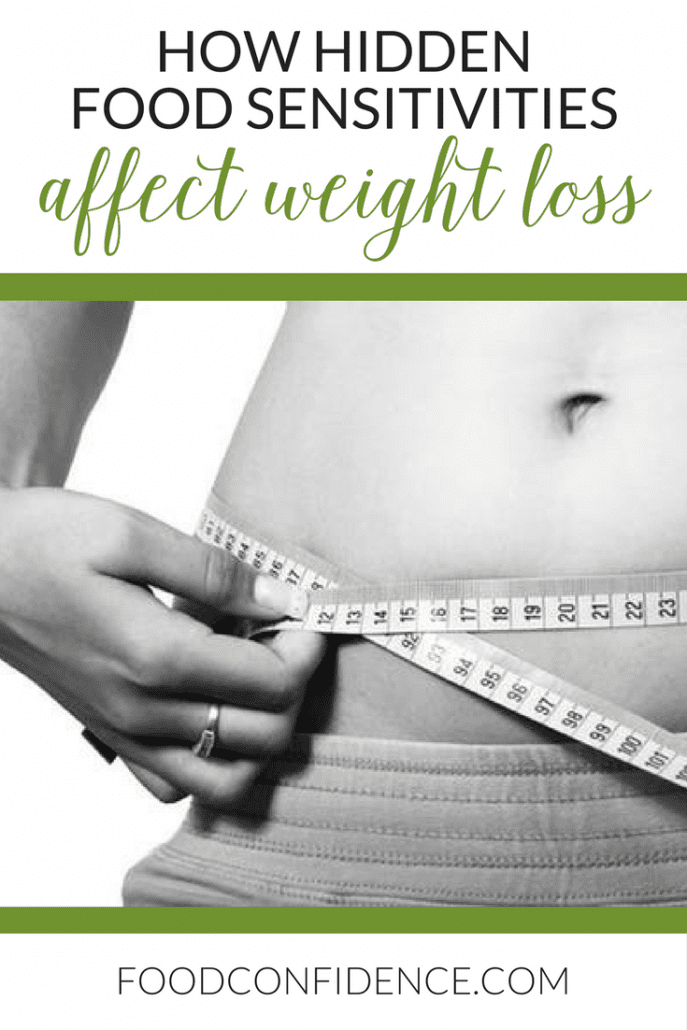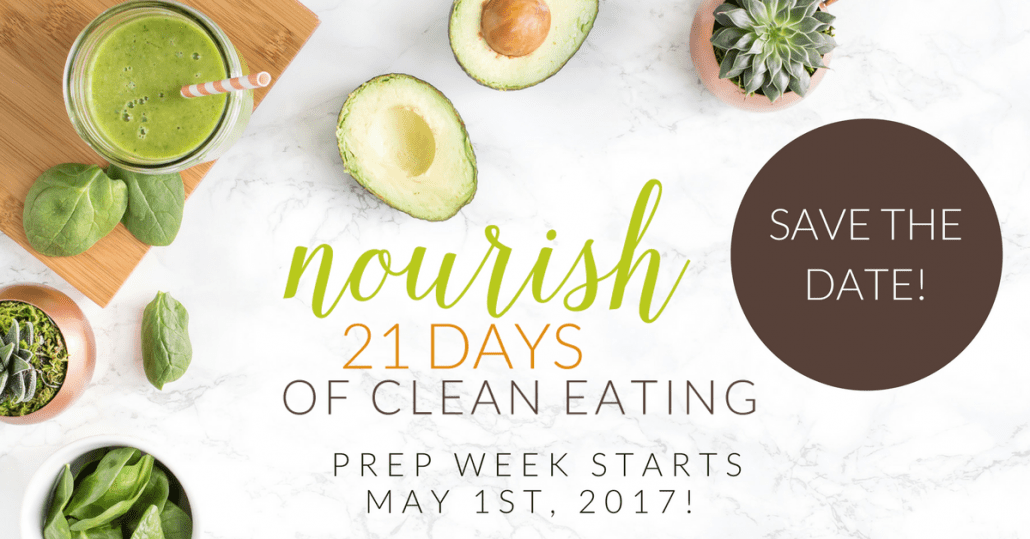
You’re doing everything right – eating clean, cooking at home, exercising – and somehow, you’re still not losing weight. If it feels like sometimes your body is working against you…it just might be.
Unknown food sensitivities could be affecting your weight loss. Here’s how.
Eating food that your sensitive or intolerant to causes inflammation in your body. Similar to a virus or bacteria, food sensitivities signal an immune system response during digestion that leads to gut damage and hormone imbalances.
Eating foods you’re sensitive to every day, multiple times per day (like dairy or gluten, for example) causes a powerful chain reaction that starts with inflammation. Inflammation is regulated in part by the hormone cortisol. Excess cortisol production keeps your blood sugar running high and causes an overload of insulin production. Too much insulin production has the potential to cause insulin resistance and down the line, Diabetes. In addition, cortisol released during the inflammatory process may affect fat metabolism, causing your body to store more fat…particularly belly fat. Yikes!
Eating foods you have trouble digesting also wreaks havoc on your gut. Let’s look at what could happen with an undiagnosed gluten sensitivity. You eat a bowl of gluten-containing pasta. Your immune system reacts to the gluten by producing inflammatory chemicals in your gut. Over time, inflammation causes an imbalance in the bacteria in your digestive tract and this affects the lining of your intestines, causing it to weaken and become even more prone to food reactions. This inflammatory cycle creates a fire in your gut that results in discomfort and weight gain.
If you’re suffering from bloat, gas, and gut discomfort after eating and you’re unable to lose weight, find out if you have any undiagnosed food sensitivities. One way to figure this out is to go dairy and gluten free for a few weeks. Dairy and gluten are the most common allergy triggers and removing them not only allows you to notice if you feel better, it also gives your inflamed gut some time to heal. I don’t want you to do this forever if you don’t have to (there’s no benefit in doing that), but taking a temporarily break can provide you with useful information about how these foods are affecting your weight, your gut, and how you feel.
My 21-Day Nourish program can help you do this as well, all the while eating a variety of anti-inflammatory (and delicious!) food, and getting expert advice from a registered dietitian (me!).
In Nourish, you’ll also learn:
+ Why gut health is so important to your overall wellness
+ How to incorporate fermented foods into your diet
+ What to look out for when reading food labels
+ Most importantly – which foods fuel your unique body chemistry
If you’re ready to make some dietary changes with the guided support of a Dietitian and with an awesome community of like-minded eaters, join us! The next session starts May 1.
